A one-and-a-half-day workshop
This programme is designed to help participants write effective technical reports. It’s presented by a trainer who has a unique blend of the necessary skills and experience to really bring the subject to life, for lasting impact.
Reports play an important part in the life of many professional people: they are a link between writer, colleagues and clients worldwide. Reading and writing reports occupies a considerable proportion of working time, particularly for senior staff. Yet many professionals (particularly those in engineering and technology) lack confidence in their report-writing skills and feel that their credibility suffers because their reports are not a fair reflection of their expertise.
- Write effective technical reports that achieve their aims
- Relate to their target readers
- Select the right content for their readers
- Select the best length and design for the report
- Present their findings in a clear manner
- Understand the importance of writing an accurate, concise and straightforward report
- Create good summaries
- Include accurate references
- Include appropriate well-labelled diagrams
- Understand the benefits of independent proof-reading
Format
A one-and-a-half-day programme (for a group of up to 10). Can be delivered virtually or face-to-face.
This course provides a strong foundation for technical report writing and can be followed by the Advanced Technical Report Writing programme for delegates who want to further develop their skills.
Expert trainer
In a career spanning 40+ years, Malcolm has extensive of experience of report writing. In his first career in Army Logistics, Malcolm wrote and contributed to the production to hundreds of reports from the tactical level right up to MOD HQ. Since leaving the Army over a decade ago, Malcolm has worked in private and public sector organisations in UK and overseas, producing reports and mentoring others in report writing.
Course outline
This course gets under the bonnet of report writing, diving deep into what reports are for, why they are required and what they are trying to achieve. The following topics are covered:
1. Introduction and defining your purpose
- The basics of communication
- Understanding what your starting point is
- Identifying the key challenges you face and the things you find difficult
- The importance of knowing what you hope to achieve by your report
- Identifying the key elements that are relevant
- Making better choices in the material you present
- 10 laws of good report writing
2. Gathering information for your audience
- Understanding who your audience is and what they need to learn
- Identifying the key elements that are relevant
- The 80:20 rule
- Making the correct choice of material
- Story boards
- Removing distracting information from your message
3. Deciding on your format
- Designing your report
- Sections and sub-sections
- Appendices
- References and bibliographies
4. Writing your report
- First drafts
- Writing your report into a story
- The use of paragraphs
- Clearer, shorter sentences
- Grammar gremlins
- Punctuation pitfalls
- Active or passive?
- Spellings, tenses, acronyms and other common conundrums
5. Data visualisation
- The importance of your visualising data
- Which type of graphic suits your purpose
- Using graphs, charts, heat maps, etc
- Where to position graphics
- How to reference graphs and tables
6. Finishing the report
- Summaries and Abstracts
- Table of Contents
- Title page
- Appearance
- Proof-reading









